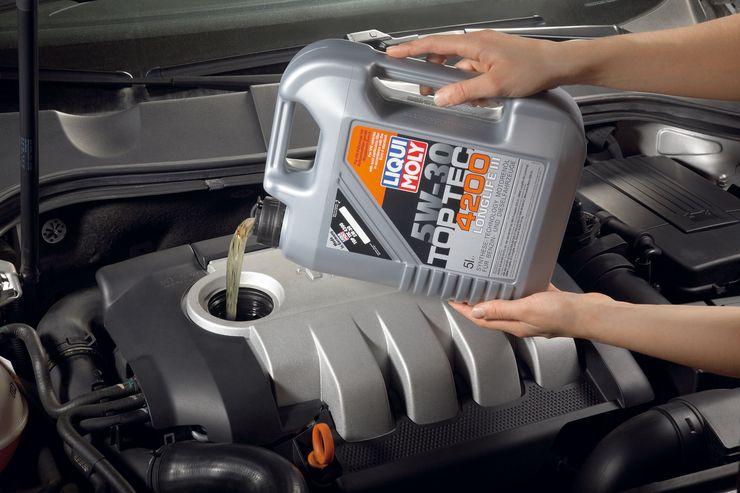
5 Motor Oil Myths You Shouldn't Believe
Content
The force of friction not only ensures the movement of our cars, but also wears out their components and assemblies. To make the process of aging and wear of rubbing parts slower, we use various lubricants. We will talk about them, and specifically about motor oils and the myths associated with them.
Do I need to change the engine oil every 5000 km?
Yes, if the automaker recommends doing so. And no, if there was no such recommendation. In fact, before releasing a new car to a particular market, all its features and nuances are first studied - from roads to fuel quality. Samples are collected, analyzes are carried out, experiments are carried out on stands, tests are carried out on public roads, etc. After which the automaker decides how and when to do certain work on the car, including changing the oil, which is carefully selected for it.
For example, for Jeep it is recommended to change the lubricant every 12 km, for Toyota - every 000 km, and, for example, for an Isuzu pickup truck, the service interval with an oil change is 10 km.
Are all oils the same?
To some extent, yes, but there are still differences. The so-called category 3 base oil (base oil), from which all synthetic oils are made, is most produced by SK Lubricants (ZIC oil manufacturer). It is from her that such giants as Exon Mobil, Shell, Castrol, BP, Elf and others acquire the “base”. Additives are then added to the base oil to modify its properties - burnout resistance, fluidity, lubricity, etc. They are produced by companies such as Lubrizol, Infineum, Afton and Chevron.
If in one year, some oil manufacturers purchased the same “base” and additives from the same companies, then these oils are identical, and the difference can only be in the proportions in which the components are mixed at the request of the customer. But if all the components were purchased from different manufacturers, then the difference can be significant. Well, do not forget that oils for turbocharged engines differ in composition for atmospheric engines.

Can oils from different manufacturers be mixed?
No no and one more time no. If different additives and in different proportions were used in the manufacture of two oils of different companies, then as a result there is a risk of a new chemical composition that may not work properly under load. In turn, this can adversely affect the engine. If you plan to change the brand of oil, then it is better to flush the engine first, and then fill in the one that you have chosen for your car.
Old cars can not be filled with "synthetics" and additives
It is possible and necessary. The composition of synthetic oils is ideal, and contains cleaning additives, which, in turn, will extend the life of the motor. The engine will be less thermally loaded, and its friction parts will be reliably lubricated.
Dark oil needs to be changed
To begin with, the oil can darken as soon as you drive a hundred or two kilometers. During this run, the cleaning additives in the oil will remove some of the carbon deposits from the working surfaces of the cylinder block. Then these small particles will settle in the oil filter. That does not mean at all that the lubricating and other properties of the oil have become unusable.